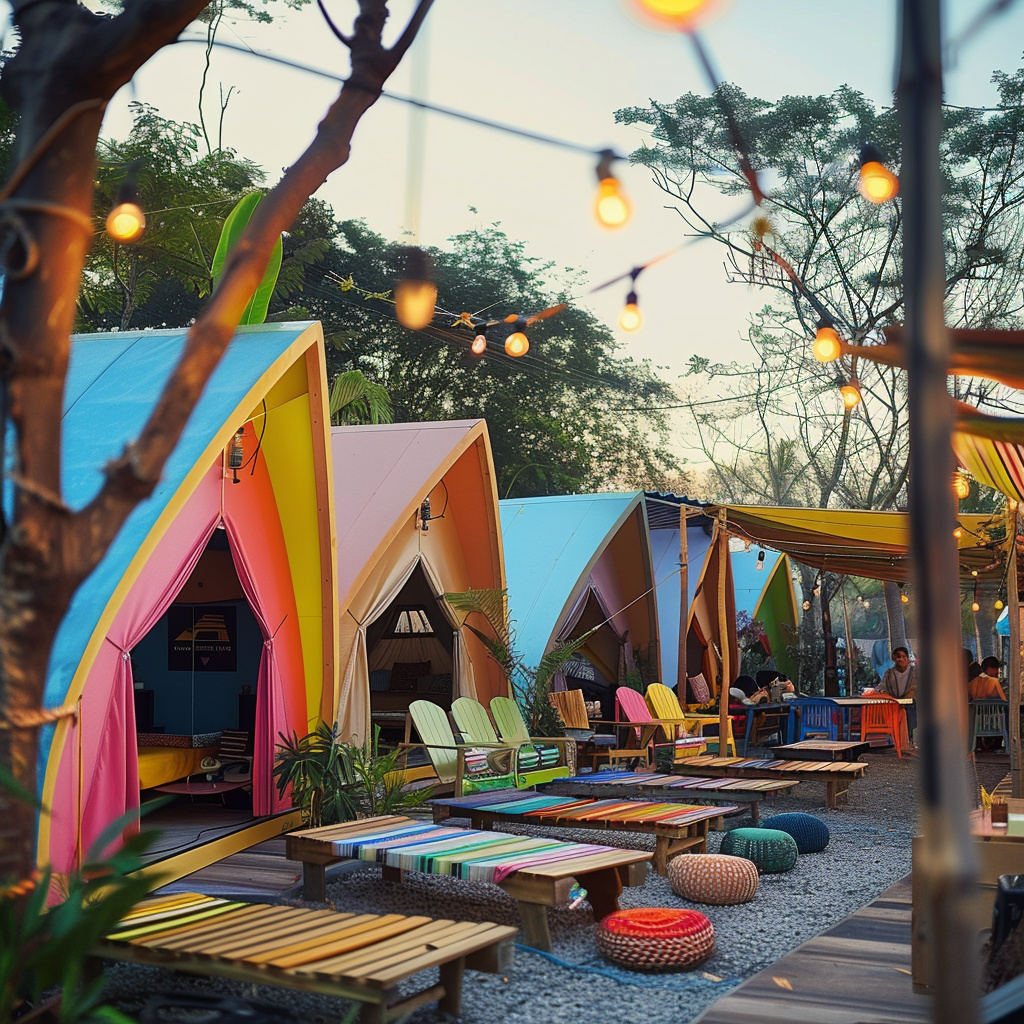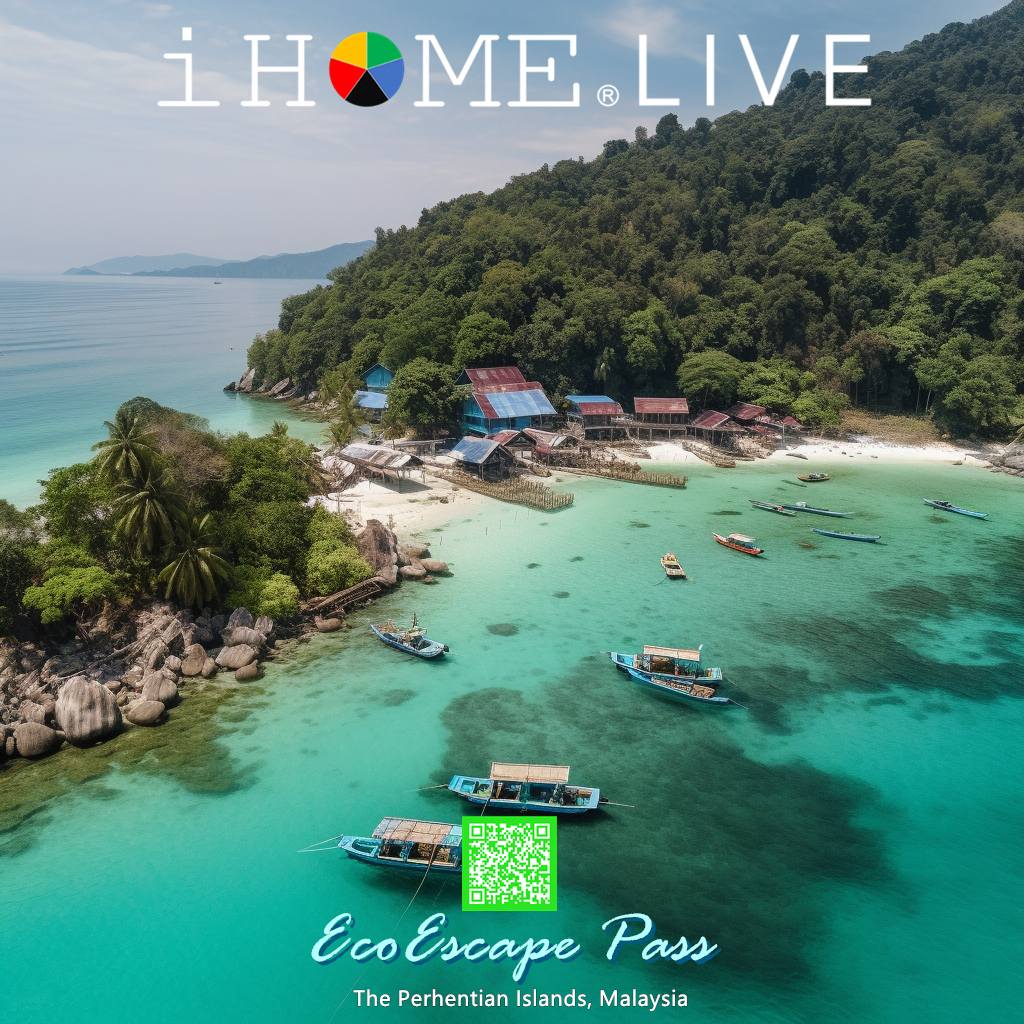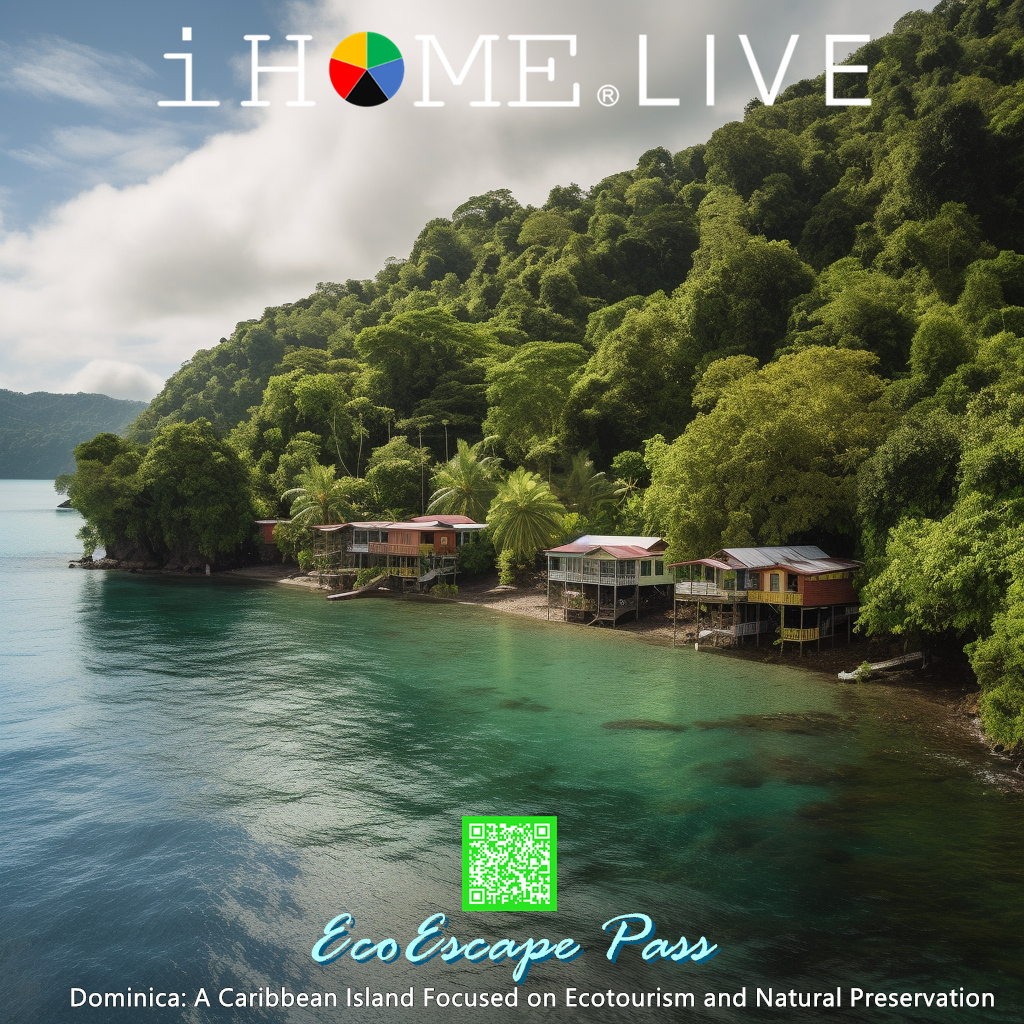Thailand, known for its vibrant culture, stunning landscapes, and rich biodiversity, is a top destination for eco-tourists. From the bustling cities of Bangkok and Chiang Mai to the serene beaches of the southern islands, Thailand offers a diverse array of experiences for nature lovers and responsible travelers. The country’s commitment to conservation and sustainable tourism is evident in its numerous national parks, wildlife sanctuaries, and eco-friendly initiatives.
Eco Attractions:
- Khao Sok National Park: Home to ancient rainforests, limestone mountains, and diverse wildlife.
- Doi Inthanon National Park: Known as the “Roof of Thailand,” it offers stunning waterfalls, hiking trails, and unique flora and fauna.
- Surin and Similan Islands: Famous for their crystal-clear waters, coral reefs, and excellent diving and snorkeling opportunities.
- Elephant Nature Park: A sanctuary for rescued elephants where visitors can learn about conservation efforts and interact with these gentle giants.
Visa and Residency Options
Visa Requirements
Types of Visas:
- Tourist Visa: Allows stays up to 60 days, extendable for an additional 30 days.
- Visa Exemption: Many nationalities can enter visa-free for stays up to 30 days.
- Special Tourist Visa (STV): Allows stays up to 90 days, extendable twice for a total of 270 days.
Application Process:
- Apply online through the Thailand eVisa portal or at the nearest Thai consulate.
- Required documents include a valid passport, proof of financial support, and proof of onward travel.
Documentation and Eligibility:
- Valid passport.
- Proof of sufficient funds for the duration of your stay.
- No criminal record or history of violating immigration laws.
Long-term Stay Permits
Extending Your Stay:
- Tourist visas can be extended at local immigration offices.
- Options for longer stays include Education Visas, Retirement Visas, and Volunteer Visas.
Application Details:
- Submit an application with necessary documentation at local immigration offices or online.
- Required documents include proof of ongoing projects, financial stability, and health insurance.
Long-term Options:
- Volunteering programs in conservation and eco-tourism.
- Educational courses related to environmental studies and sustainable development.
Residency Options
Paths to Residency:
- Retirement Visa for individuals over 50 with proof of income or financial assets.
- Business Visa for those investing in or starting eco-friendly businesses.
Residency Requirements:
- Must meet health and character requirements.
- Proof of financial stability or investment in eco-friendly projects.
Transitioning to Permanent Residency:
- Continuous engagement in eco-tourism and conservation activities can support applications for permanent residency.
Living Conditions
Cost of Living:
- Accommodation: $300 – $1,200 USD per month, depending on location and type of housing.
- Food: $30 – $100 USD per week, with a focus on local and organic produce.
- Transportation: $10 – $50 USD per week, with options for public transit and eco-friendly transport.
Infrastructure:
- Sustainable housing options and eco-friendly healthcare facilities are available.
- Reliable internet and co-working spaces for digital nomads, particularly in urban areas.
Additional Details:
- Opening a bank account requires identification and proof of address.
- Local tax obligations should be explored through the Thai Revenue Department.
Community and Networking
Community Overview:
- A vibrant eco-conscious community focused on conservation and sustainable living.
Networking Opportunities:
- Regular community events and workshops centered on sustainability and environmental conservation.
- Eco-tourism forums and local meetups.
Social Platforms:
- Facebook groups and local forums for eco-conscious travelers.
- Instagram pages dedicated to Thailand’s eco-lifestyle.
Eco-Friendly Activities and Attractions
Nature Reserves and Parks:
- Khao Sok National Park: Offers guided tours, hiking trails, and wildlife viewing.
- Doi Inthanon National Park: Known for its unique flora and fauna, with several hiking trails.
Guided Tours:
- Eco-friendly transport options for guided tours across the country, including boat tours and hiking expeditions.
Wildlife Watching:
- Opportunities to see elephants, tigers, gibbons, and various bird species in their natural habitats.
Outdoor Activities:
- Hiking, bird watching, snorkeling, diving, kayaking, and exploring waterfalls, all with a focus on minimal environmental impact.
Eco-Lodging:
- Recommended eco-lodges include Our Jungle House in Khao Sok and The Green Gecko in Udon Thani.
Organic and Farm-to-Table Dining:
- Local dining options such as Palaad Tawanron and Bo.lan focus on organic and sustainable practices.
Environmental Initiatives
Conservation Programs:
- Numerous local initiatives focused on forest conservation, wildlife protection, and marine preservation.
Volunteer Opportunities:
- Opportunities to engage in environmental clean-up projects, wildlife monitoring, and community education programs.
Sustainable Living Workshops:
- Workshops on permaculture, eco-friendly practices, and sustainable living.
Community Gardens and Urban Farming:
- Participation in local community gardens and urban farming projects.
Cultural Insights
Local Customs:
- Emphasis on respect for nature and wildlife, intertwined with Thai cultural practices.
- Strong community values and conservation-minded practices.
Language Tips:
- Thai is the official language, but English is widely spoken in tourist areas.
Safety and Laws:
- Adhere to local guidelines for wildlife interaction and environmental protection.
- Respect cultural norms, particularly around temples and traditional ceremonies.
Do’s and Don’ts:
- Do participate in eco-friendly activities.
- Don’t disturb wildlife or damage natural habitats.
- Follow the guidance of local guides and respect community norms.
Summary
Pros:
- Rich biodiversity and stunning natural landscapes.
- Strong conservation efforts and eco-tourism focus.
- Vibrant community with deep cultural and ecological values.
Cons:
- Remote areas with limited access to some modern amenities.
- Higher cost due to sustainable travel policies and eco-friendly accommodations.
Key Reasons:
- Unique wildlife encounters and pristine wilderness.
- Commitment to sustainability and conservation.
- Opportunities for eco-friendly activities and responsible travel.
Useful Contacts and Resources
Embassies and Consulates:
- Contact details for embassies and consulates can be found on the Ministry of Foreign Affairs of Thailand’s official website.
Local Government and Services:
- The Ministry of Natural Resources and Environment’s website provides information on local services and support.
Essential Services:
- Websites like the Tourism Authority of Thailand offer resources for eco-friendly daily living.
Emergency phone numbers:
- Local emergency number: 191.
- Direct line to the nearest police station and medical facilities can be found on local government websites.
![Romania - Tiny house - [ Minimalist Retreats ] - Design Collectibles & Angel Membership (V1)](https://ihome.org/wp-content/uploads/2024/06/Slide19-300x300.jpg)



![Australia - Tiny house - [ Minimalist Retreats ] - Design Collectibles & Angel Membership (V1) (Copy)](https://ihome.org/wp-content/uploads/2024/06/Slide21-300x300.jpg)










